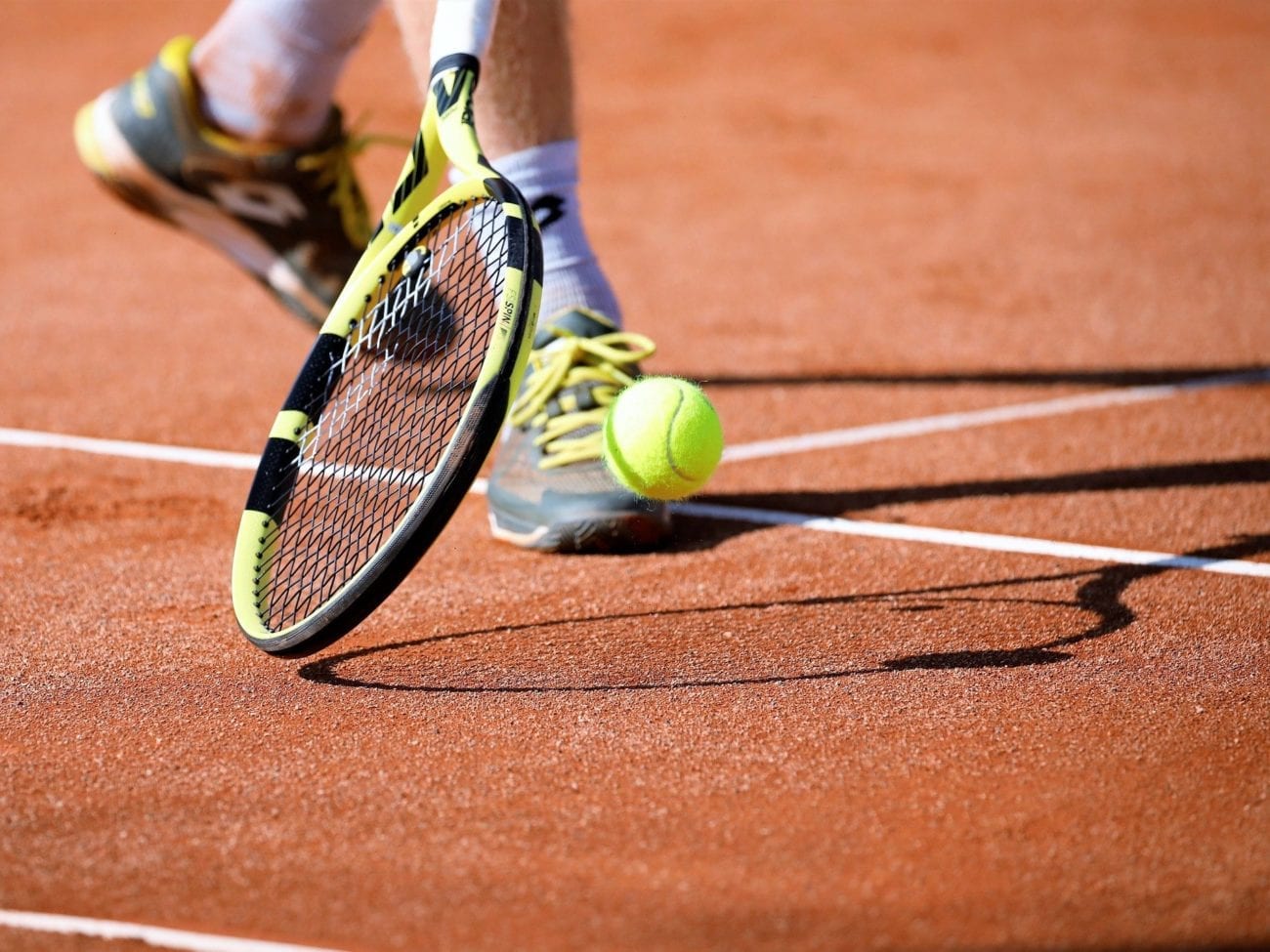TIU bans trio for match-fixing

Egypt’s Mostafa Hatem, whose highest Association of Tennis Professionals (ATP) ranking was 1556, was issued with a three-year ban (with one year suspended) and given a suspended fine of $3,000 (£2,192/€2,440).
Hatem admitted guilt for several offences including contriving or attempting to contrive the outcome or any other aspect of a tennis event, and failing to report solicitation to do so to the TIU.
Temur Ismailov, from Uzbekistan, whose highest ATP singles ranking was 397, also admitted to being involved in three instances of match-fixing in 2014, 2015 and 2019, and was issued with a $12,000 fine and a seven year ban (with two suspended) from 18 December 2020.
Slovakia’s Dagmara Baskova faced the most severe of the sanctions issued by the TIU, after the unit uncovered five incidents of match-fixing committed in 2017.
Baskova, whose highest Women’s Tennis Association (WTA) ranking was 1117 in singles and 777 in doubles, was banned for a period of 12 years and issued with a fine of $40,000. The majority of the fine is suspended, however, with $1,000 payable within 90 days.
The bans follow a wave of similar sanctions issued throughout 2020 by the TIU, which became known as the ITIA as of 1 January 2021. The agency will continue to cover betting integrity enforcement in tennis in 2021, before adding doping to its remit from 2022.
In May last year, the TIU issued a warning to the International Betting Integrity Association (IBIA)’s members that the sport faced an increased threat of match-fixing due to the novel coronavirus (Covid-19) pandemic.
The unit announced in July that operators had reported 24 cases of suspicious betting activity relating to the sport during Q2 2020, despite the suspension of most major professional competitions internationally, as a result of the pandemic.
